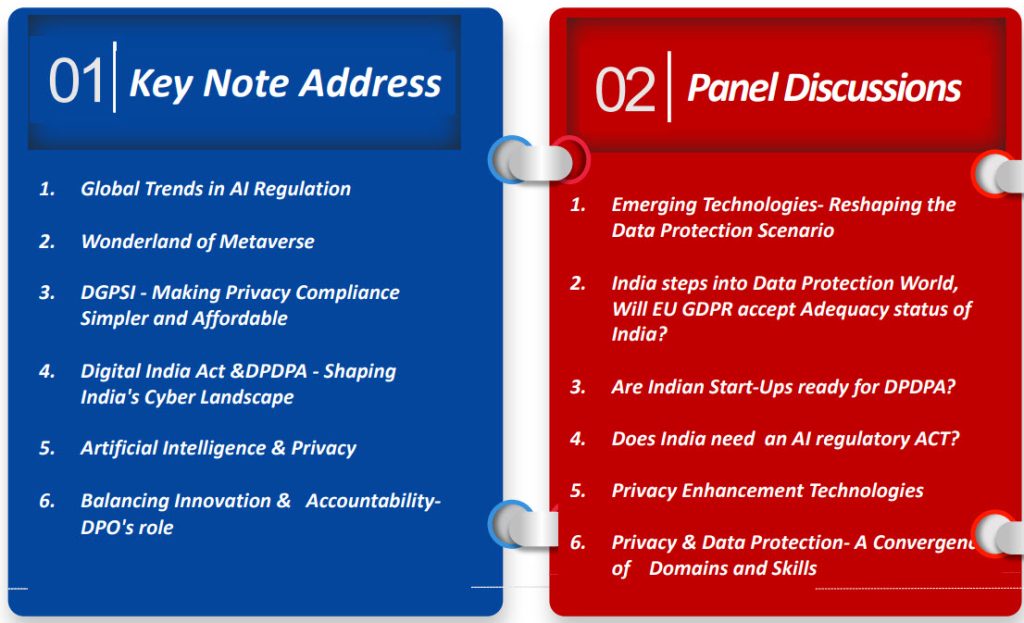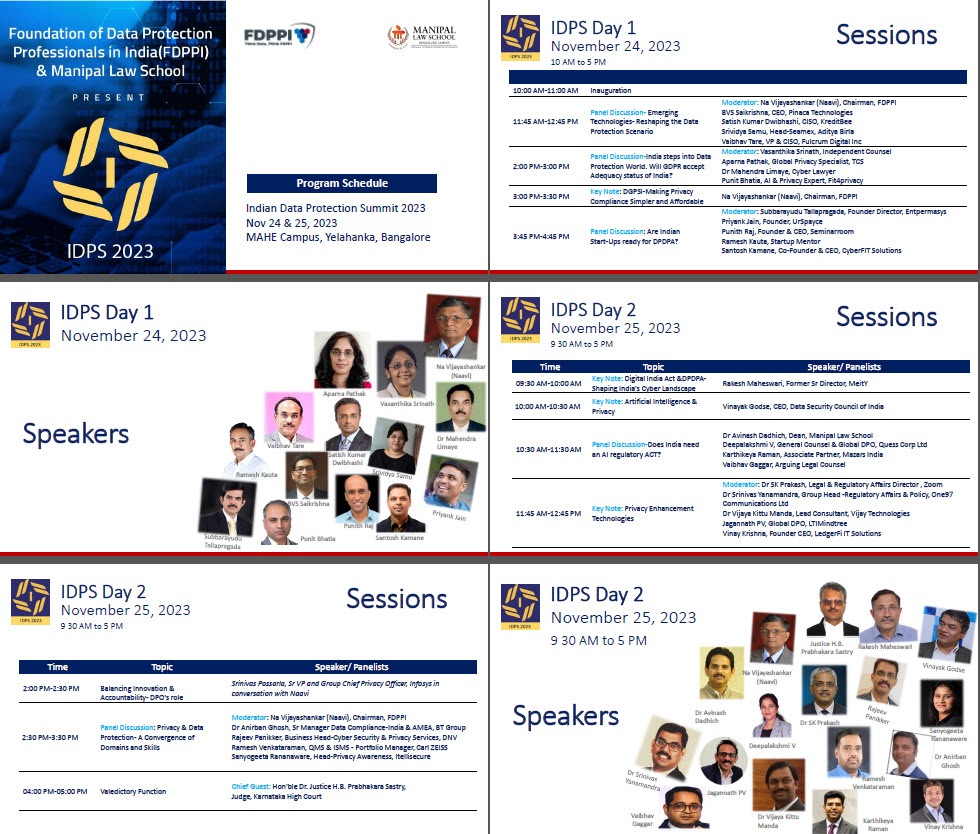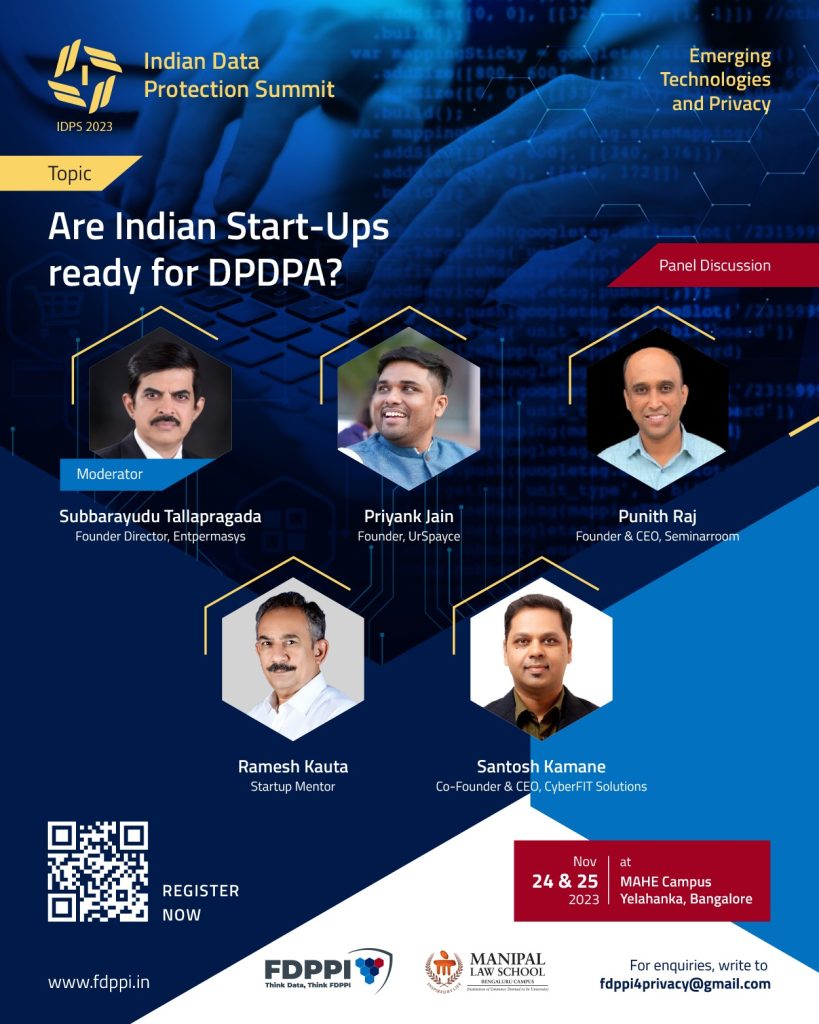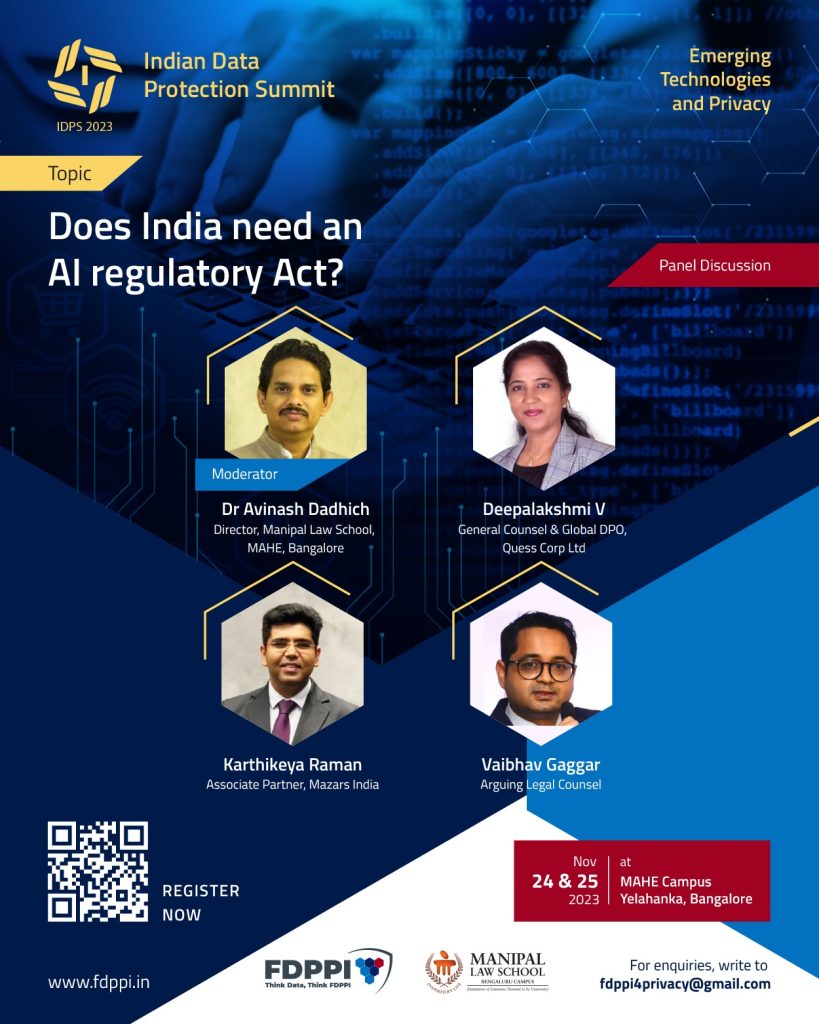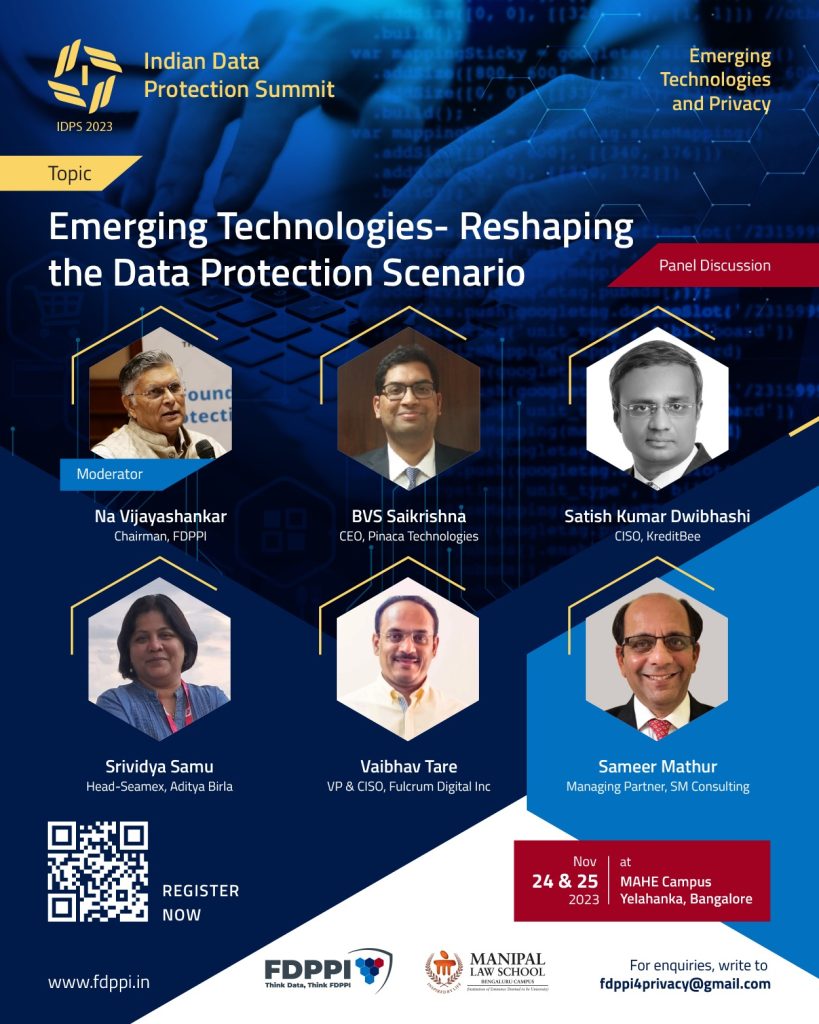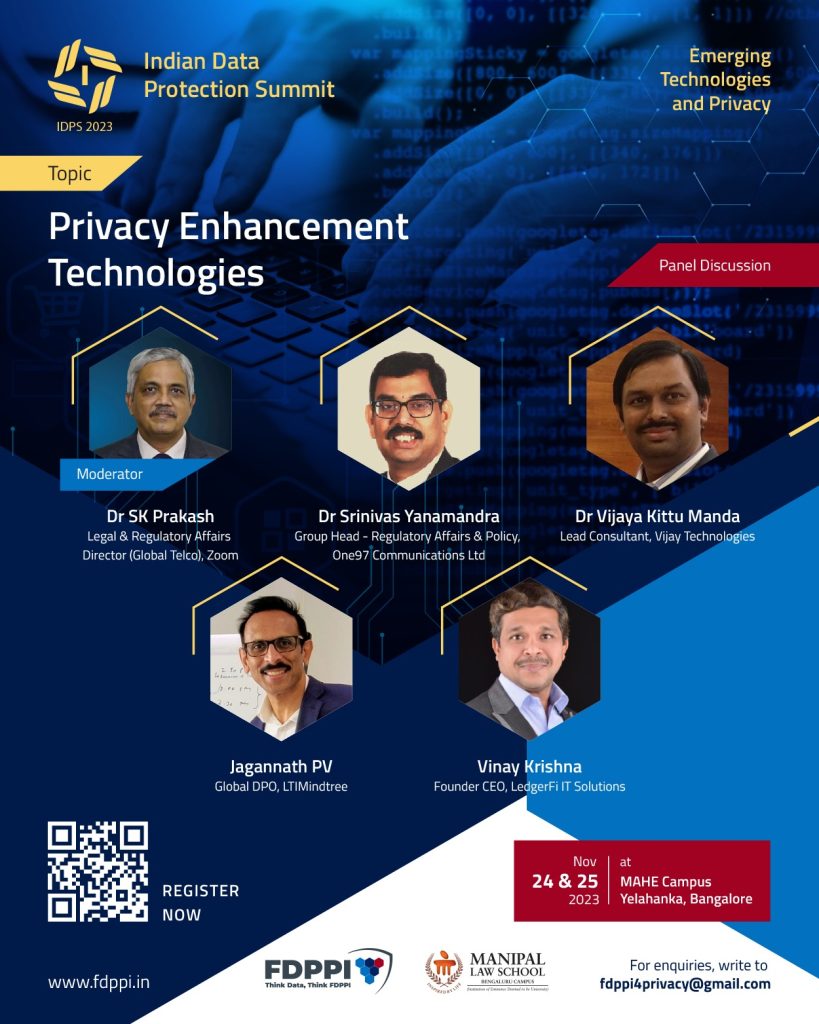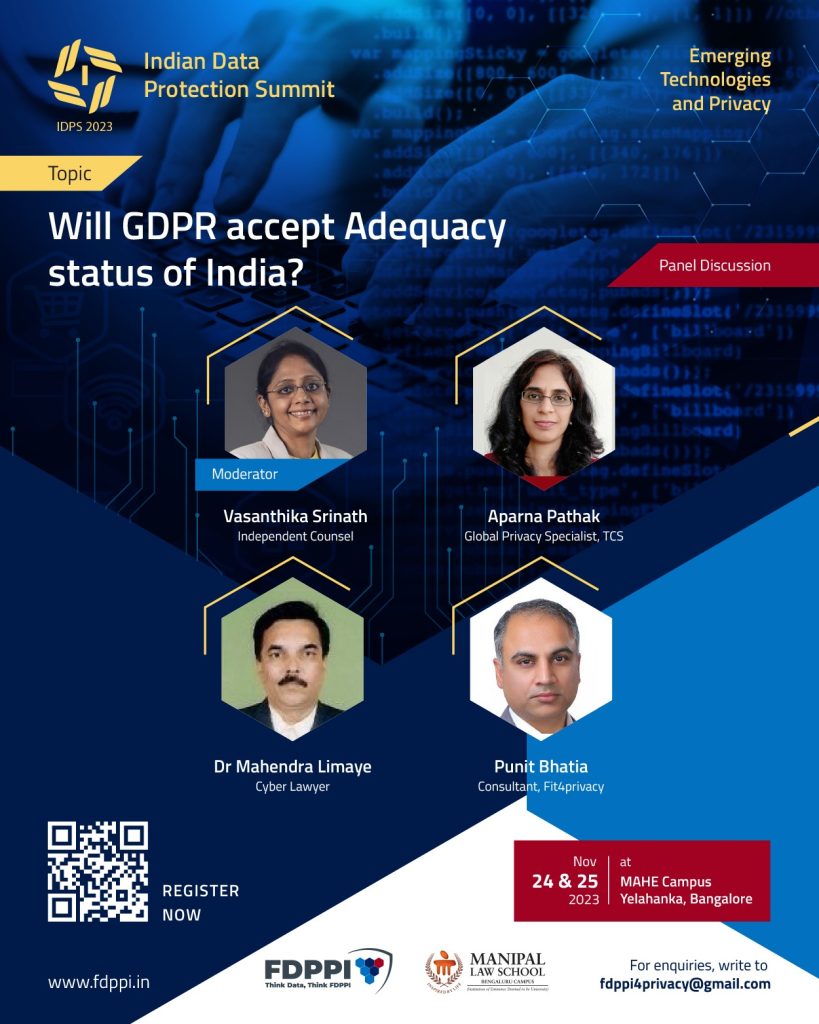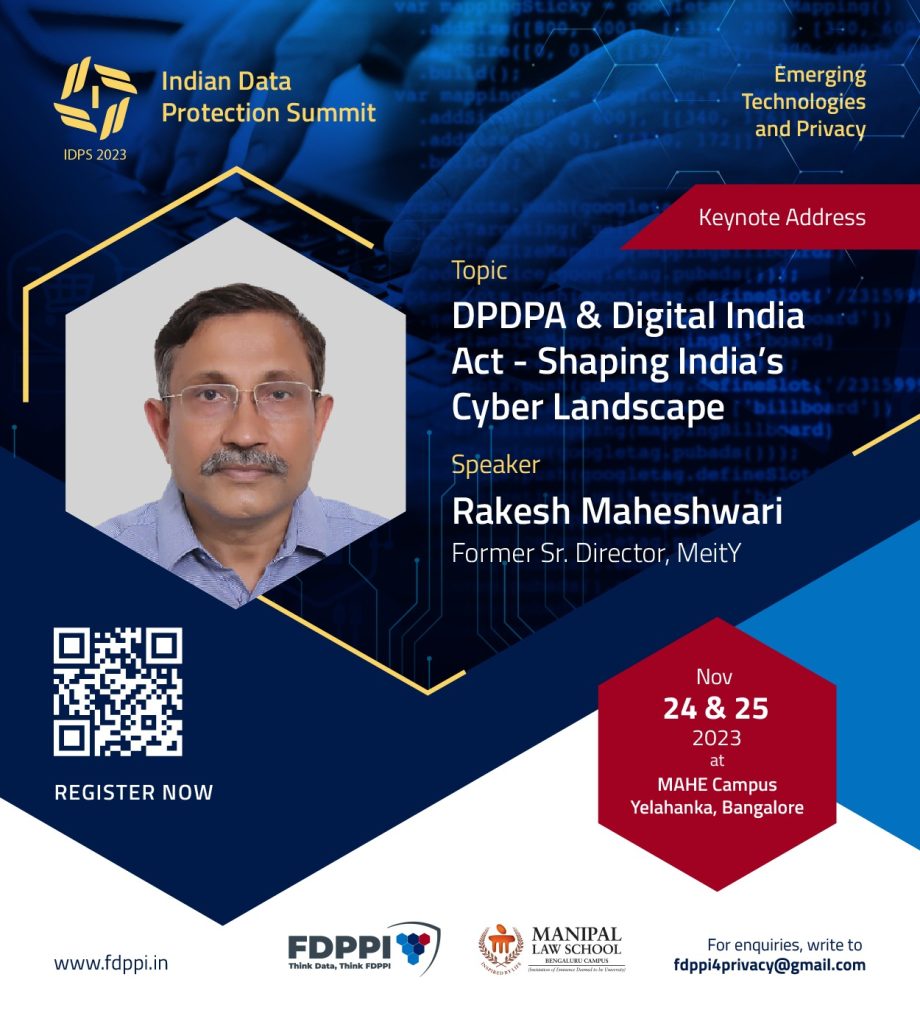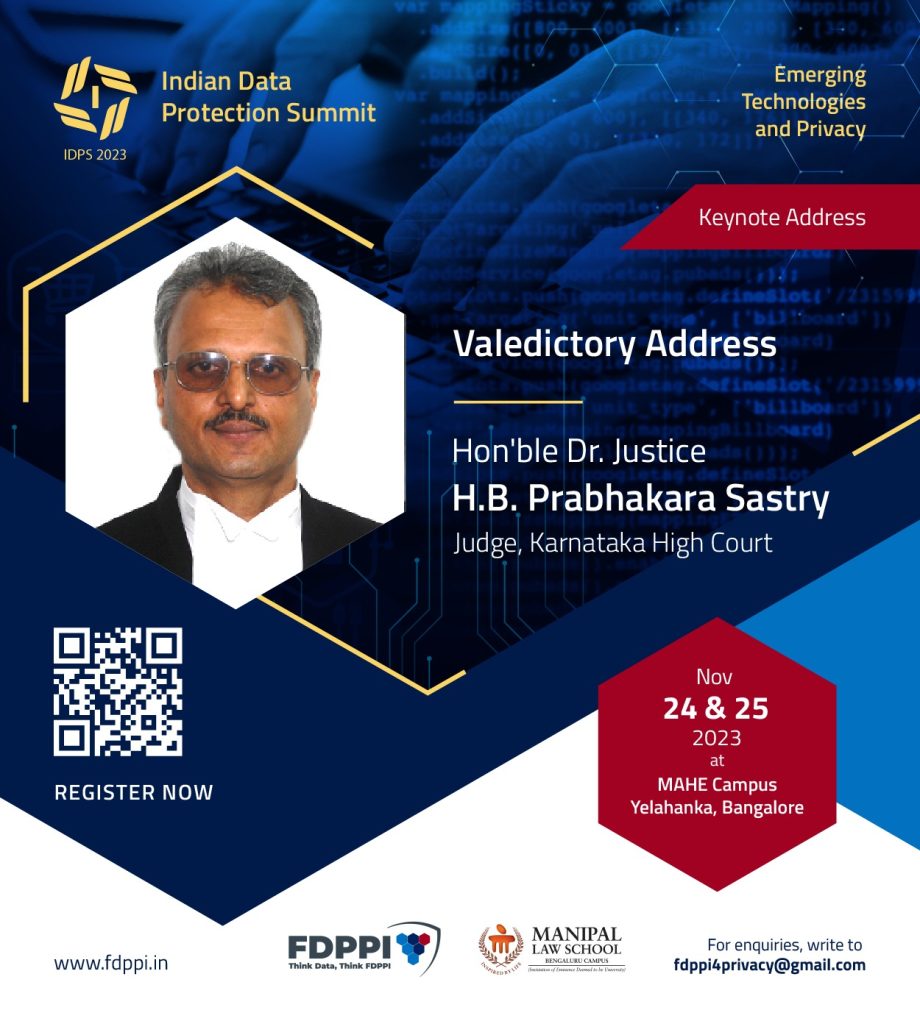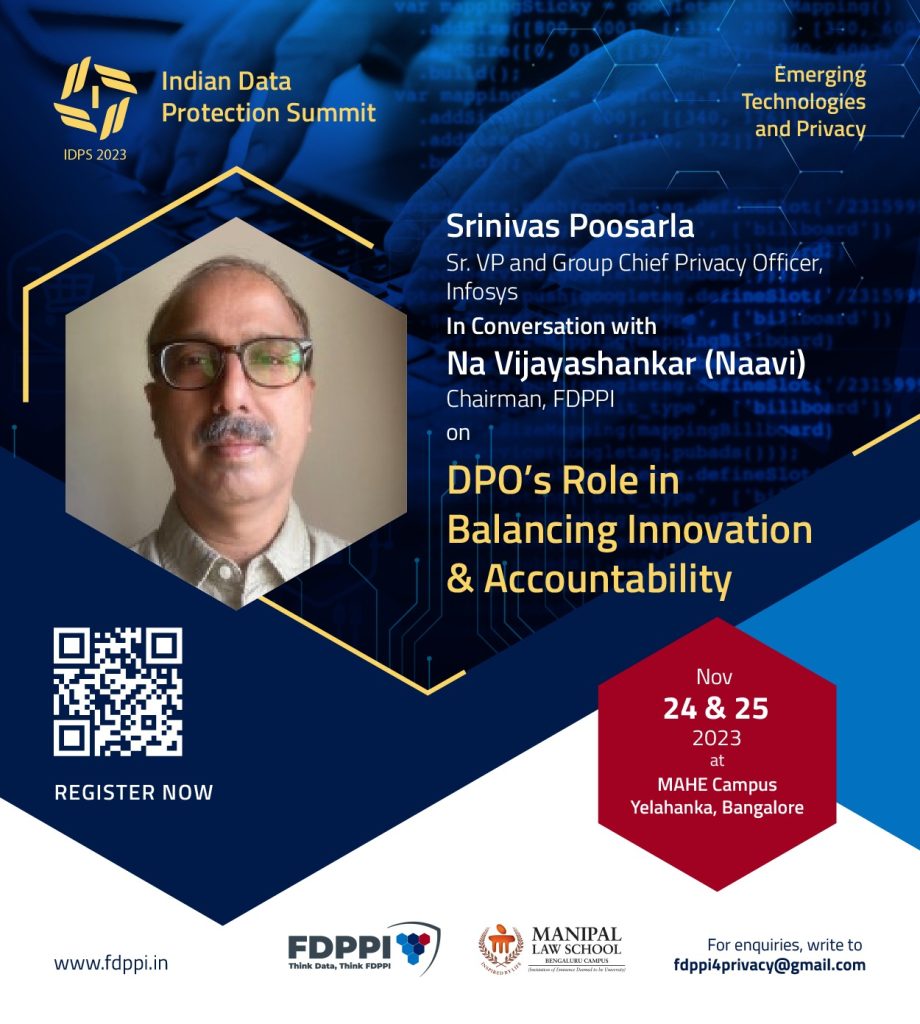In an expected move, the Bengaluru police under the current political dispensation prevailing in the State decided not to consider the e-mail threat made to 68 schools recently as amounting to a terrorist activity and decided to book the case under other offences such as “Impersonation” etc.
According to this report from Indian Express …
“The FIRs have been filed under sections 66 C and 66 D of the Information Technology Act, 2008, and for criminal intimidation and malicious acts to outrage religious feelings under sections 506 and 295A of the Indian Penal Code (IPC). The police have not invoked Section 66 F of the Information Technology Act which covers cyber terrorism in the FIRs on account of the hoax nature of the bomb threats”.
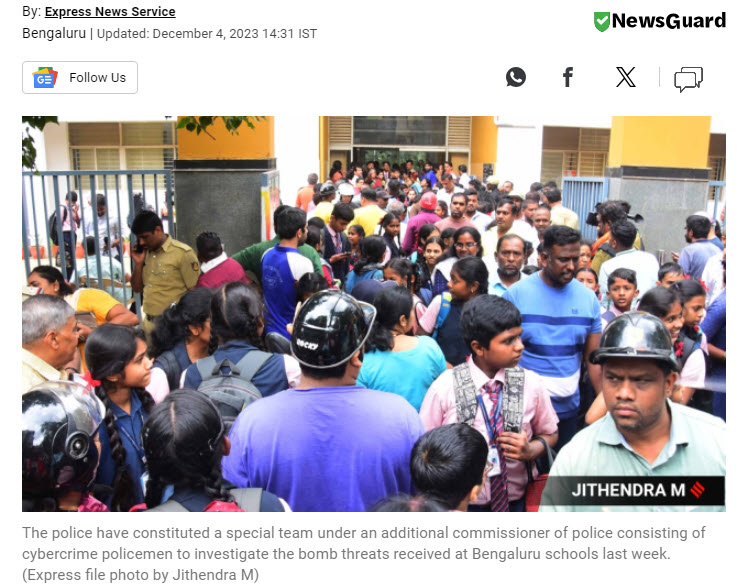
If one looks at the above photograph, it is clear that thousands of parents of the 68 schools as well as many others went through a trauma arising out of the email threat and a situation where the community was put in terror had been created.
The email indicated among other things that it was a revenge for the terrorists who were killed during 26/11 serial bomb attack in Mumbai, declared “We Will Kill You”. It also urged “When you meet with non-believers, you chop off their heads”.
The Police Commissioner of Bengaluru as a professional needs to justify how these statements can be brushed aside as “hoax”. The email cannot be considered only as a bomb threat and since no bombs were found, it cannot be classified as a hoax. The other threats are serious life threatening messages and will remain in the memory of the community fo ever and create an atmosphere of fear in the community.
It is clear that the hands of the Police are being tied by political pressure to misinterpret the threat and ignore it. If in future any untoward incident occurs in the manner in which it is indicated here, the Police Commissioner will be exposed to the charge of dereliction of duty due to political expediency.
I wish that the political supporters of the Government who belong to the threatened community including the God fearing Mr D K Shivakumar, the DCM, come out openly to condemn this brazen threat. Even the responsible persons within the community that is threatening (such as the speaker of the assembly), should express their outright condemnation of the contents of the e-mail.
The High Court of Karnataka should also suo-moto take recognition and initiate a trial of the case to pass necessary orders treating this as a national threat situation to be handled by NIA and CBI and not the state police.
Silence of these persons can only be considered as a tacit support to the terrorists out of fear or conviction.
I also take this opportunity to urge the professionals in India of all communities to take a stand against such incidents and be vocal. They should not hide behind the pseudo secularism and excuse of being non communal etc. Remaining silent on such occasions is a communal decision and lack of commitment to the welfare of the community.
Naavi



